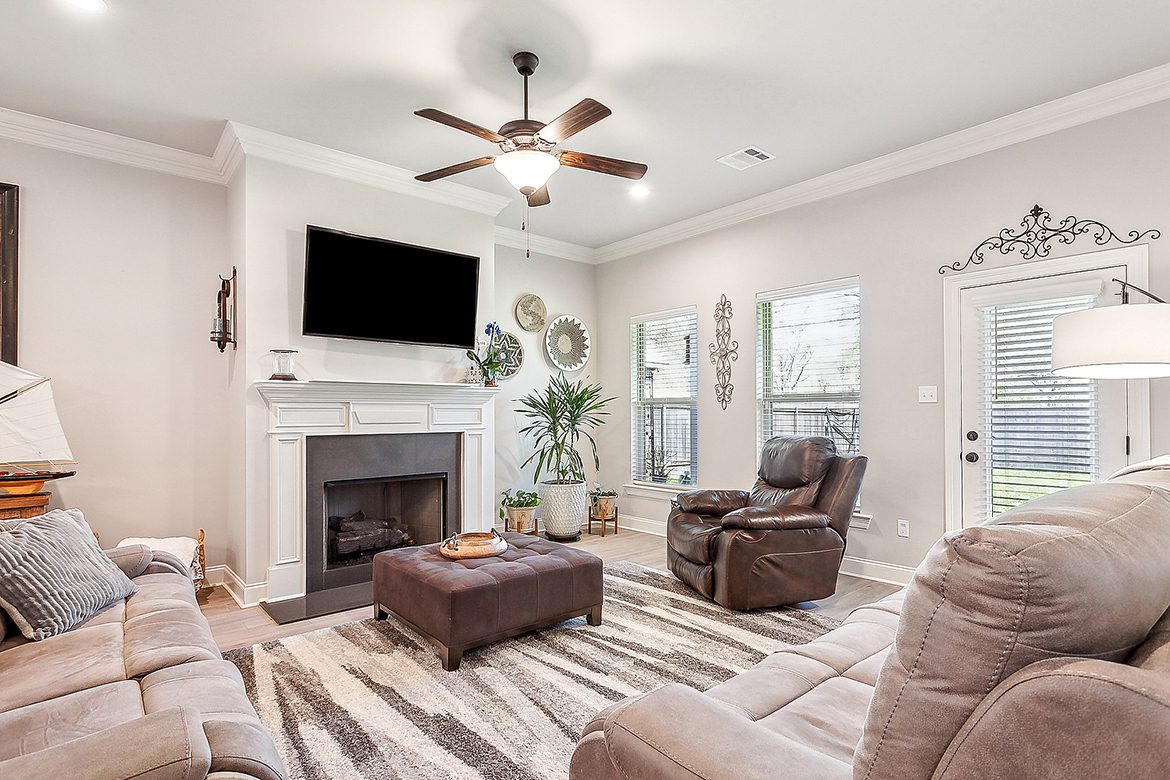Renovating your home can be an exciting journey, filled with the promise of transforming spaces and enhancing living experiences. However, not all home upgrades are equal in terms of yielding a positive return on investment (ROI) when it’s time to sell. Understanding which renovations might not pay off can help homeowners make more strategic decisions about where to allocate their renovation budgets. Here are several home improvements that typically offer less bang for your buck in the resale market.
Over-the-Top Luxury Upgrades
Luxury upgrades can certainly make a home feel more opulent, but they often don’t correspond with an increase in resale value. Highly personalized finishes and extravagant features may not appeal to the average buyer, who may not be willing to pay extra for them. It’s important to choose renovations that both enhance your home and appeal to a broad audience.
Hardwood Floor Installation
While hardwood floors are a popular feature, the cost of installing new hardwood might not always be justified in the ROI. If your home already has hardwood floors under existing carpeting, consider restoring them instead of replacing them. This can be a more cost-effective way to enhance your home’s appeal without the hefty price tag of new flooring.
In-Ground Pools
Pools might seem like a luxurious addition, but they often fail to provide a return on investment in many markets. The upkeep, potential safety concerns, and seasonal limitations can make pools less desirable to buyers, especially in regions where they can only be used part of the year.
Extensive Landscaping
A beautiful garden can boost your home’s curb appeal, but overly intricate and costly landscaping projects may not increase home value proportionately. Simple, clean, and well-maintained landscaping is often more effective in enhancing perceived value than expensive and elaborate garden designs.
Roof Replacement
Replacing a roof can be a valuable update if necessary, but if your roof still has several years of life, a full replacement might not be the best financial decision. Minor repairs and maintenance might be all you need to improve curb appeal and assure buyers of the home’s structural integrity.
Driveway Replacement
First impressions matter, and a driveway in poor condition can be off-putting to potential buyers. However, completely replacing a driveway can be expensive. Often, simple repairs or resurfacing are sufficient to improve the driveway’s appearance and functionality without the cost of full replacement.
Highly Customized or Trendy Designs
While customizing your home to your taste can be fulfilling, overly unique or trendy renovations may not appeal to the general market. These choices can make your home harder to sell, as potential buyers might see them as obstacles rather than enhancements.
Garage Conversions
Transforming a garage into living space can seem like a clever way to add functionality, but many buyers place high value on garage space for storage and parking. This type of renovation can actually detract from your home’s appeal to the broader market.
DIY and Poor Workmanship
DIY projects can be satisfying, but amateur work can often be evident and off-putting to prospective buyers. Poor craftsmanship may lead to additional negotiations or lower offers, as buyers consider the cost of correcting flawed work.
Deciding on the right home improvements should balance personal enjoyment with financial pragmatism. Before embarking on significant renovations, consider consulting with a real estate professional to understand current market trends and how best to invest in your home improvements. This approach ensures that your renovations not only add to your enjoyment but also to your home’s market value.


